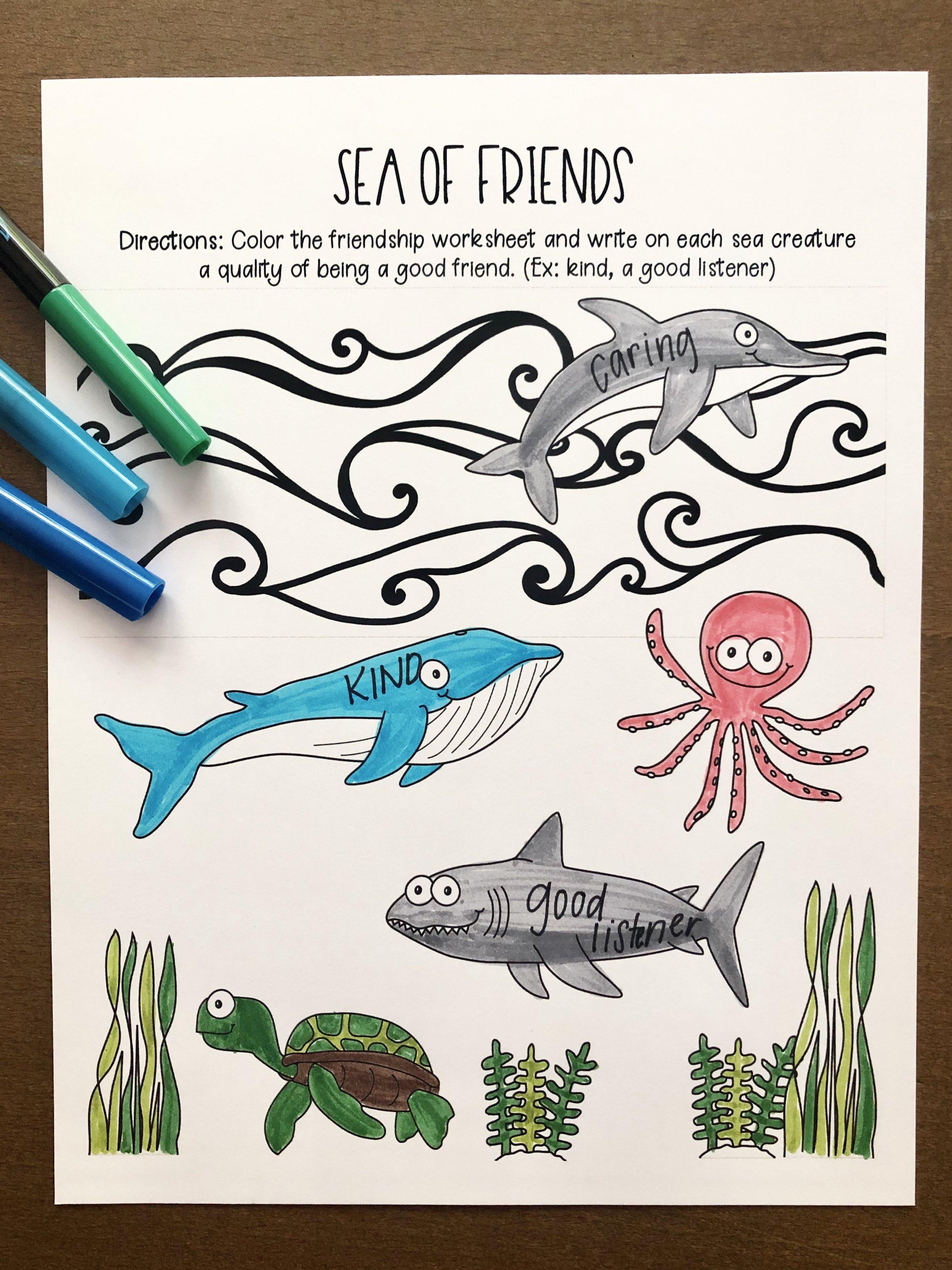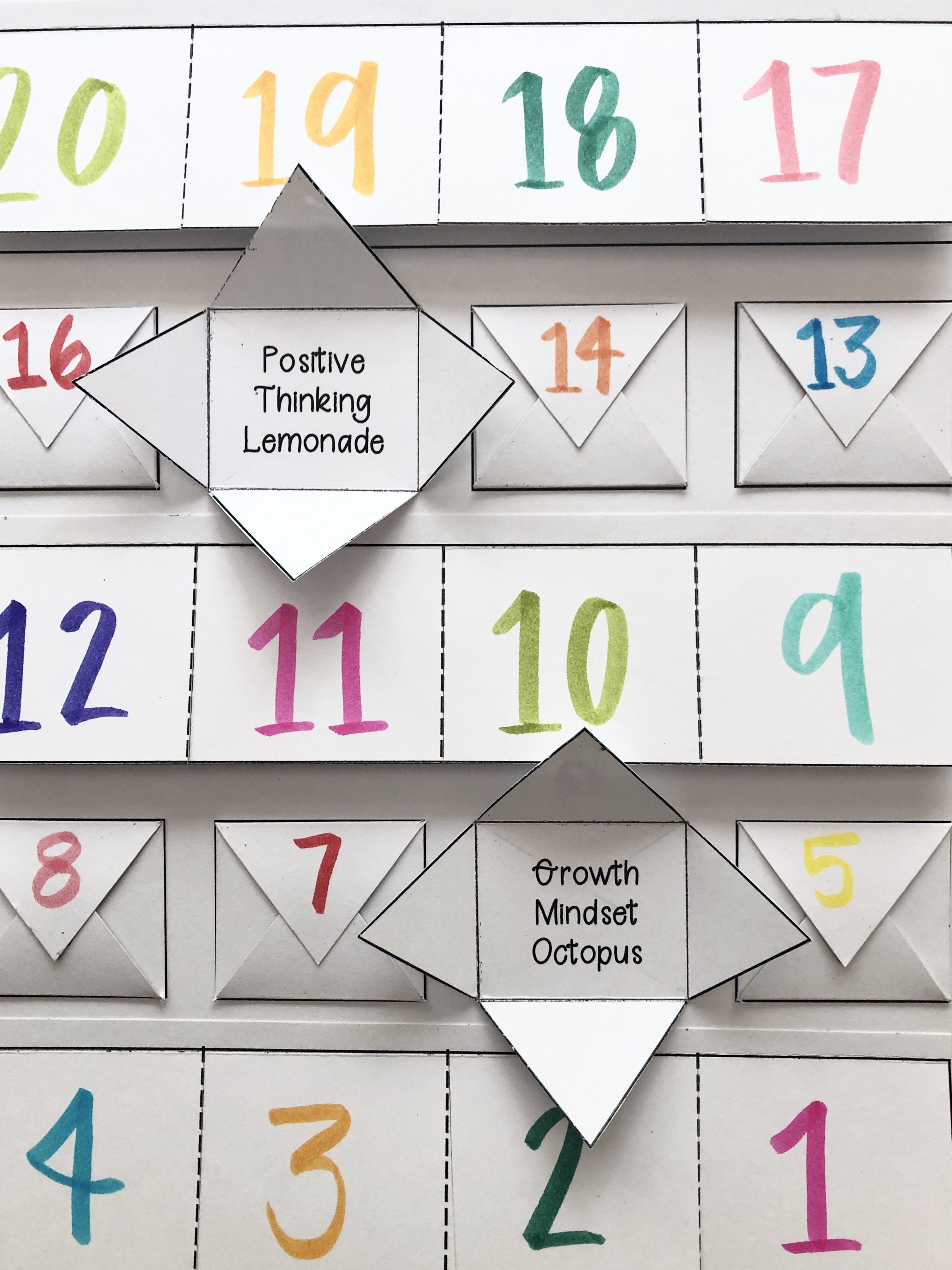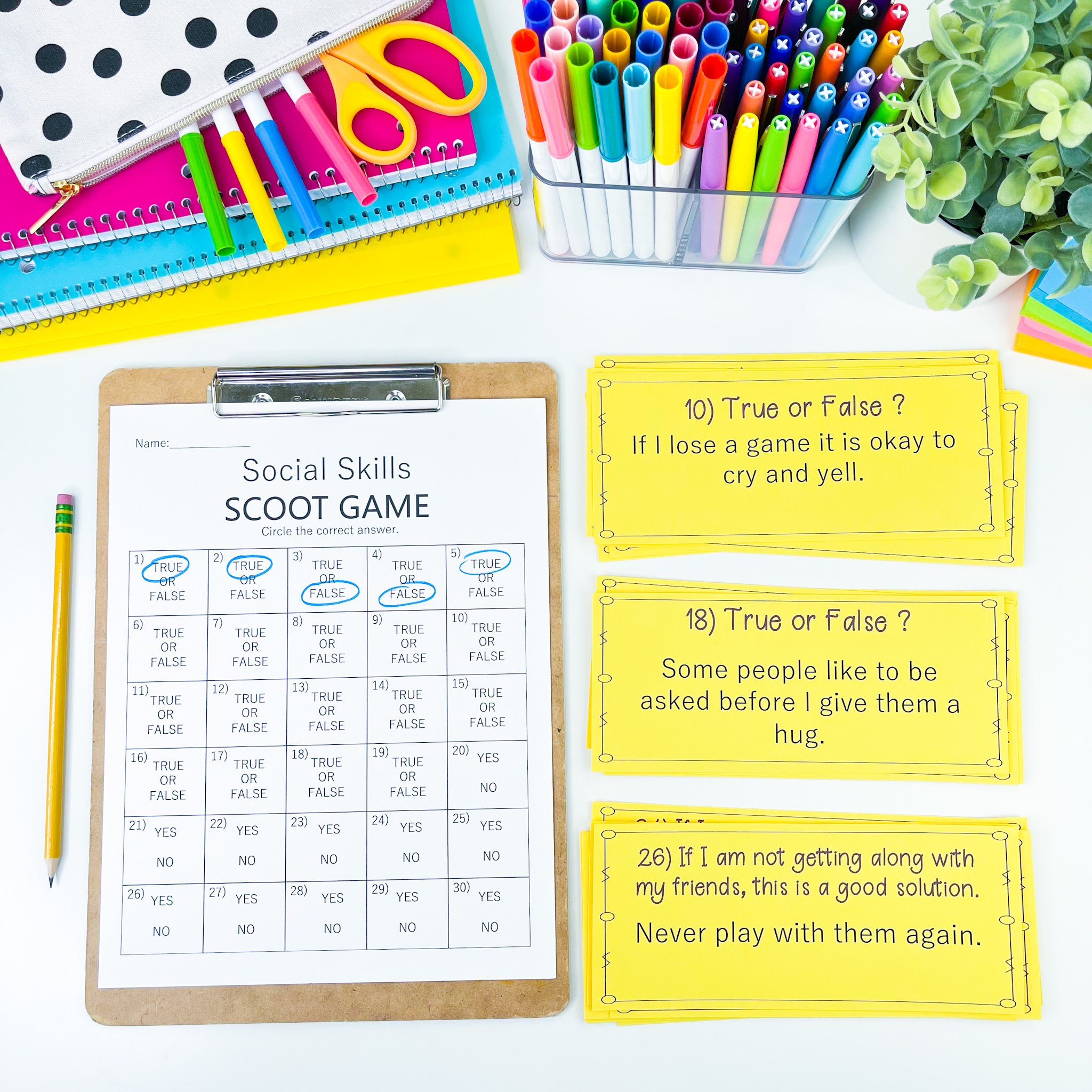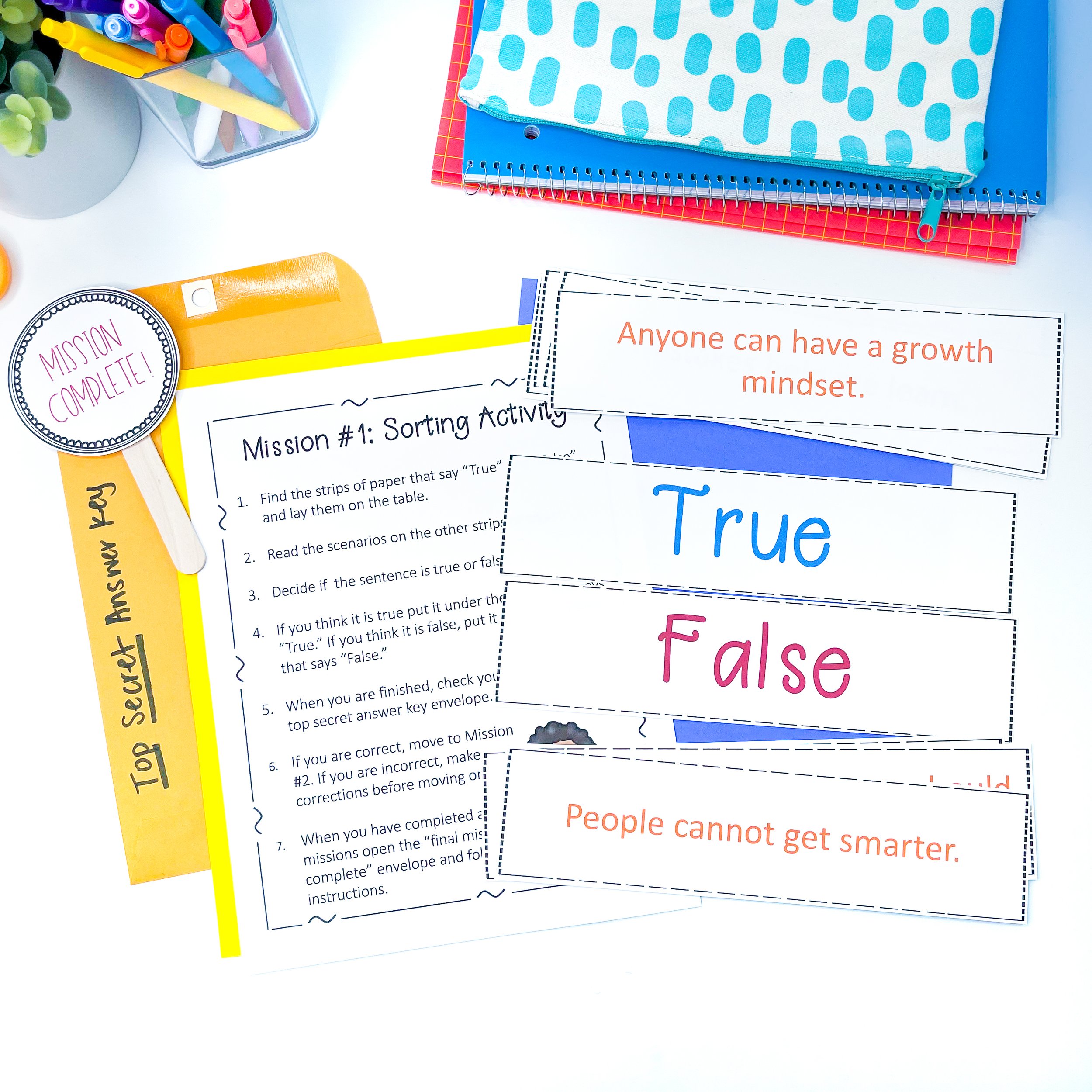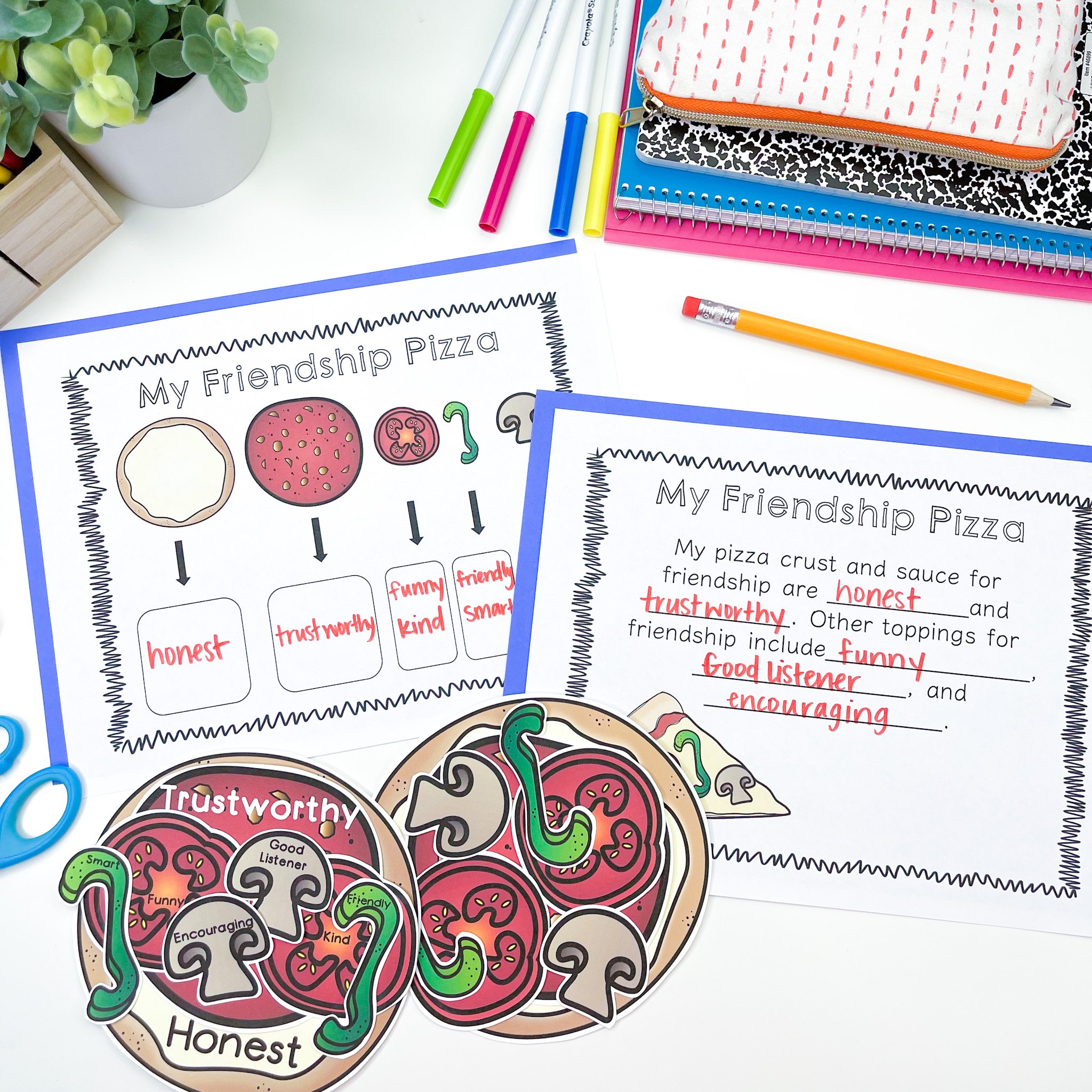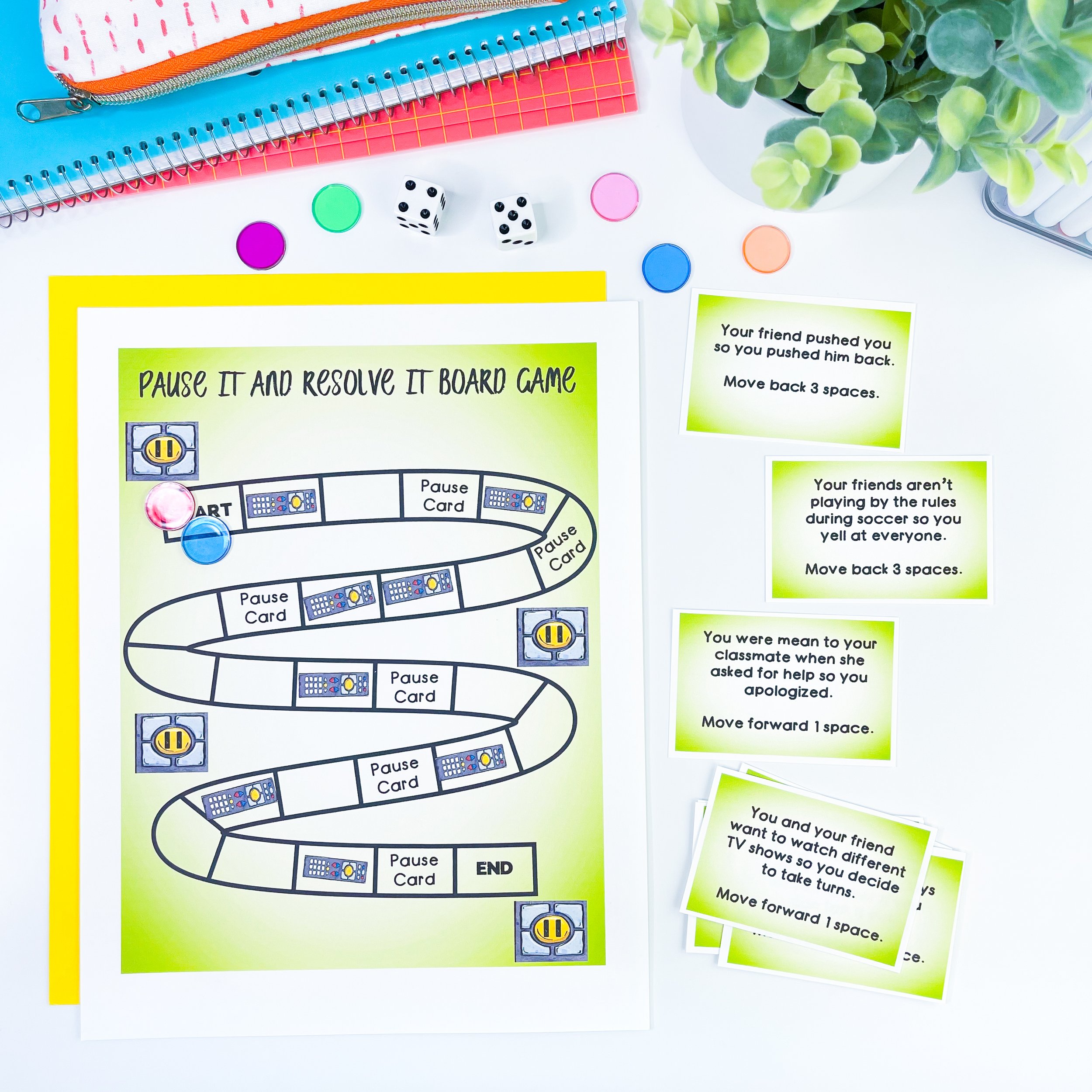How to Go from Surviving to Thriving at the End of the School Year
By: Rebekah Murphy
There’s something special about the end of the school year. You can almost smell the freedom you’re about to experience. After a year of super early mornings and late, late nights, you deserve a restful and rejuvenating summer!
But before you check-out for the year you may notice an influx in behavior problems from your students. It can be tough to finish the year strong for a few reasons: the excitement of the end of the year and the disruption of a normal schedule. We all know that the end of the year means things like class parties, field day, field trips, and other celebrations that disrupt the routine our students have grown accustomed to. These interruptions can be hard for your students to anticipate and predict, which could lead to some inconvenient behavior incidents. Here are some tips for how to go from surviving to thriving during the end of the school year craziness.
1. If you can predict it, you can prevent it
You know those students that come to your mind when I say, “transitions are difficult”? Most likely, those students will be the ones who have a difficult time toward the end of the year. If there are students on your radar who have a difficult time moving from one event to another, offer support to those students’ teachers by offering to meet with those students to discuss the upcoming interruptions, transitions, or end of the year events before they happen so that they can begin to process those changes to the normal schedule. Or, offer to create a visual schedule on “special event” days for those students who may benefit from one.
2. There is a reason behind the behavior
While thinking about the end of the year may make you giddy with excitement, we all know that many of our students don’t share the same excitement. Things like food insecurities, lack of familial stability, and lack of structure can make students unsure about what lies ahead of them during summer break, which can cause outbursts and attention-seeking behavior.
Meeting with these students to provide support toward the end of the school year may help these students prepare for the break. You could even create your own countdown, play games with them, or teach coping skills to these students. Or, you can find a countdown that already exists that includes all of those components, like this one, here.
3. Using time efficiently
It can be tempting to use the final days of school to mentally check-out and show movies to students during your class lessons, but you may notice that less engaging activities can lead to an increase in behavior problems. I once had an administrator do an impromptu walk-through during the last few weeks of school. In my class, students were writing a letter to their future selves. He later told me that my class was the only class he stepped inside where students were completing an engaging activity. Continuing to provide engaging, but fun activities even at the end of the year will not only help you stand out to your administrators, but you may find that there are fewer behavior incidents as well.
Some of my favorite (engaging + fun) things to do at the end of the school year include:
Role play scenarios
The end of the year can be a busy and hectic time, but these strategies can take you from simply surviving to thriving! You’ve almost reached the finish line!
Hang in there!
About the author: Rebekah Murphy has nearly a decade of experience working with students holding various titles such as third grade teacher, K-5 school counselor, and K-12 gifted and talented teacher. She enjoys developing curriculum for Bright Futures Counseling and writing in her free time.


